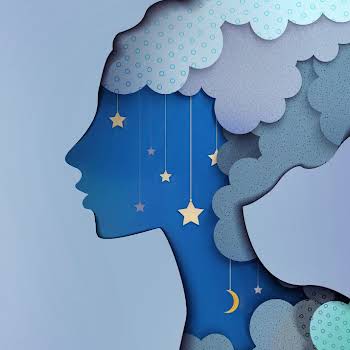
Donations to the Dublin Rape Crisis Centre rose by €70,000 after the Belfast rape trial
By Erin Lindsay
16th Jul 2019
16th Jul 2019
After the controversial rape trial involving rugby players Paddy Jackson and Stuart Olding took over headlines last year, it has now emerged that the trial had a lasting effect on opinions surrounding rape culture and victim-blaming
The Dublin Rape Crisis Centre (DRCC)’s annual report has revealed donations to the charity rose by €70,000 following the high profile Belfast rape trial last year.
The public outcry during and after the trial, which saw Ulster and Ireland rugby players Paddy Jackson and Stuart Olding acquitted of rape, resulted in an “unexpected but very welcome surge in income” to the DRCC.
According to the 2018 report, which will be launched today by Minister for Health Simon Harris, most of the DRCC’s unexpected funding came in the 90 days following the Belfast trial. The DRCC said in their report that they view the surge in donations as a reflection of “public concerns about the treatment of sexual offences victims in our courts”.
DRCC chief executive Noeline Blackwell wrote in the report: “People told us of their upset about the cruelty of the court system and inappropriate social media messages.”
A growing problem
The report worryingly illustrates that sexual violence is a growing problem, with the demand for help and information at the DRCC now higher than ever.
In 2018, the Rape Crisis Centre received almost 14,000 contacts from people who had suffered rape or sexual violence. The contacts were made through the DRCC’s 24-hour helpline, which operates through a network of both staff and volunteers. Of those who made contact, 77% were female and 22% male; more than half (7,423) were first-time contacts, and almost 8% (1,040) contacted the DRCC via text message.
Of those who disclosed the type of abuse they had suffered, 44.8% had been raped as adults, while 33% were victims of childhood sexual abuse.
What’s more, 4,228 individual counselling appointments were delivered to victims of sexual abuse in 2018. Of those appointments, over half (52%) were crisis appointments for those who had suffered rape or sexual assault within the last six months.
Online support
Ahead of their annual report launch, the DRCC have also announced plans for an online support service for sexual violence victims — the first of its kind in the world.
The ‘e-health initiative’ offers victims of sexual violence an alternative approach to processing trauma — by making therapy as accessible as possible via online and phone support and counselling from qualified professionals. The service will particularly benefit those less likely to enter face-to-face counselling.
While similar services have been developed for general trauma, this is the first platform to specifically target sexual violence.
The service is expected to launch on a trial basis in October.
If you have been affected by sexual assault or rape, you can contact Dublin Rape Crisis Centre’s 24-hour helpline at 1800 77 8888 or by email at counselling@rcc.ie. They also provide a text service at 0868238443 from Monday to Friday, 8.00am – 6.30pm.
Photo: Danny G via Unsplash
Read more: #IMAGEReads: ‘For rape culture to shift we MUST speak out as victims’
Read more: New review recommends banning the public from rape trials in Northern Ireland
Read more: Belfast rape trial: here’s my truth























